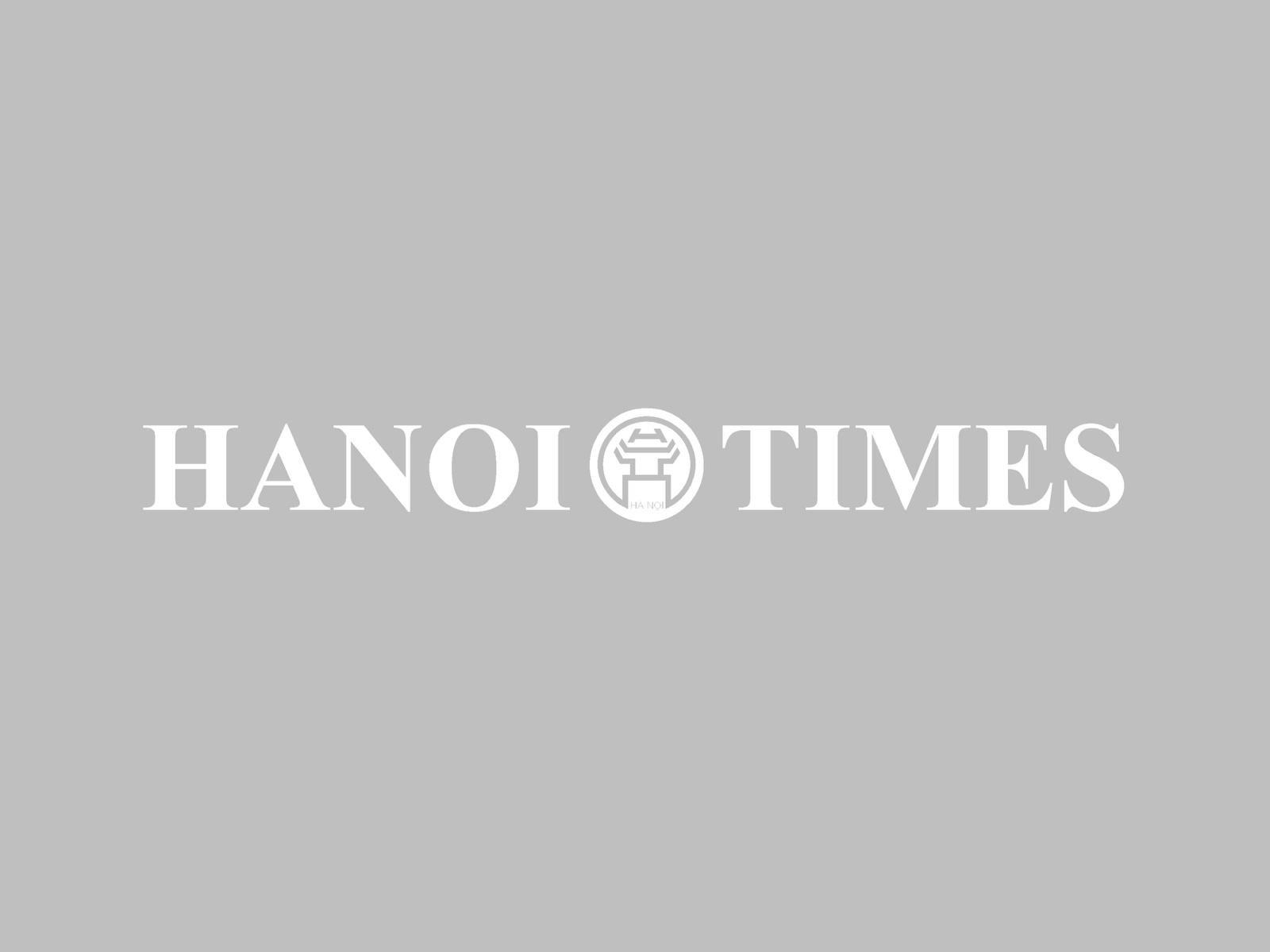News
Southeast Asia voices over China-led South China Sea issues
Aug 05, 2019 / 04:53 PM
The bloc underscored the importance of the full and effective implementation of the 2002 Declaration on the Conduct of Parties in the South China Sea (DOC) in its entirety.
The Association of Southeast Asian Nations (ASEAN) has voiced over the South China Sea issues which have been in recent escalations due to news move caused by Beijing.
The 10-member bloc has released a joint statement at the 52nd ASEAN Foreign Ministers’ Meeting with a focus on three pillars including politics-security, economics, and socio-culture.
Accordingly, the bloc reaffirms the importance of maintaining peace and security in the area which China claims up to 90%.
The document stated: “We reaffirmed the importance of maintaining and promoting peace, security, stability, safety and freedom of navigation in and over flight above the South China Sea and recognized the benefits of having the South China Sea as a sea of peace, stability and prosperity. We underscored the importance of the full and effective implementation of the 2002 Declaration on the Conduct of Parties in the South China Sea (DOC) in its entirety. We warmly welcomed the continued improving cooperation between ASEAN and China, and were encouraged by the progress of the substantive negotiations towards the early conclusion of an effective and substantive Code of Conduct in the South China Sea (COC) within a mutually-agreed timeline.
We welcomed efforts to complete the first reading of the Single Draft COC Negotiating Text by this year. We emphasized the need to maintain and promote an environment conducive to the COC negotiations, and thus welcomed practical measures that could reduce tensions and the risk of accidents, misunderstandings and miscalculation. We stressed the importance of undertaking confidence building and preventive measures to enhance, among others, trust and confidence amongst parties; and we reaffirmed the importance of upholding international law, including the 1982 UNCLOS.”
“We discussed the situation in the South China Sea, during which concerns were expressed by some Ministers on the land reclamations, activities and serious incidents in the area, which have eroded trust and confidence, increased tensions and may undermine peace, security and stability in the region. We reaffirmed the need to enhance mutual trust and confidence, exercise self-restraint in the conduct of activities and avoid actions that may further complicate the situation, and pursue peaceful resolution of disputes in accordance with international law, including the 1982 UNCLOS.
We emphasized the importance of non-militarization and self-restraint in the conduct of all activities by claimants and all other states, including those mentioned in the DOC that could further complicate the situation and escalate tensions in the South China Sea,” according to the document.
ASEAN Foreign Ministers’ Meeting, initiated in 1967, is responsible for political-security cooperation and external relations in ASEAN. The annual AMM is assisted by the ASEAN Senior Officials’ Meeting (ASEAN SOM). ASEAN Foreign ministers meet at least three times a year for (i) AMM Retreat; (ii) annual AMM; and (iii) Informal ASEAN Ministerial Meeting (IAMM) on the sidelines of the UN General Assembly in New York. Special ASEAN Foreign Ministers meetings may be convened as and when necessary, or back-to-back with the ASEAN Summit.

ASEAN foreign ministers at the 52nd AMM. Photo: Asean.org
|
Accordingly, the bloc reaffirms the importance of maintaining peace and security in the area which China claims up to 90%.
The document stated: “We reaffirmed the importance of maintaining and promoting peace, security, stability, safety and freedom of navigation in and over flight above the South China Sea and recognized the benefits of having the South China Sea as a sea of peace, stability and prosperity. We underscored the importance of the full and effective implementation of the 2002 Declaration on the Conduct of Parties in the South China Sea (DOC) in its entirety. We warmly welcomed the continued improving cooperation between ASEAN and China, and were encouraged by the progress of the substantive negotiations towards the early conclusion of an effective and substantive Code of Conduct in the South China Sea (COC) within a mutually-agreed timeline.
We welcomed efforts to complete the first reading of the Single Draft COC Negotiating Text by this year. We emphasized the need to maintain and promote an environment conducive to the COC negotiations, and thus welcomed practical measures that could reduce tensions and the risk of accidents, misunderstandings and miscalculation. We stressed the importance of undertaking confidence building and preventive measures to enhance, among others, trust and confidence amongst parties; and we reaffirmed the importance of upholding international law, including the 1982 UNCLOS.”
“We discussed the situation in the South China Sea, during which concerns were expressed by some Ministers on the land reclamations, activities and serious incidents in the area, which have eroded trust and confidence, increased tensions and may undermine peace, security and stability in the region. We reaffirmed the need to enhance mutual trust and confidence, exercise self-restraint in the conduct of activities and avoid actions that may further complicate the situation, and pursue peaceful resolution of disputes in accordance with international law, including the 1982 UNCLOS.
We emphasized the importance of non-militarization and self-restraint in the conduct of all activities by claimants and all other states, including those mentioned in the DOC that could further complicate the situation and escalate tensions in the South China Sea,” according to the document.
ASEAN Foreign Ministers’ Meeting, initiated in 1967, is responsible for political-security cooperation and external relations in ASEAN. The annual AMM is assisted by the ASEAN Senior Officials’ Meeting (ASEAN SOM). ASEAN Foreign ministers meet at least three times a year for (i) AMM Retreat; (ii) annual AMM; and (iii) Informal ASEAN Ministerial Meeting (IAMM) on the sidelines of the UN General Assembly in New York. Special ASEAN Foreign Ministers meetings may be convened as and when necessary, or back-to-back with the ASEAN Summit.








